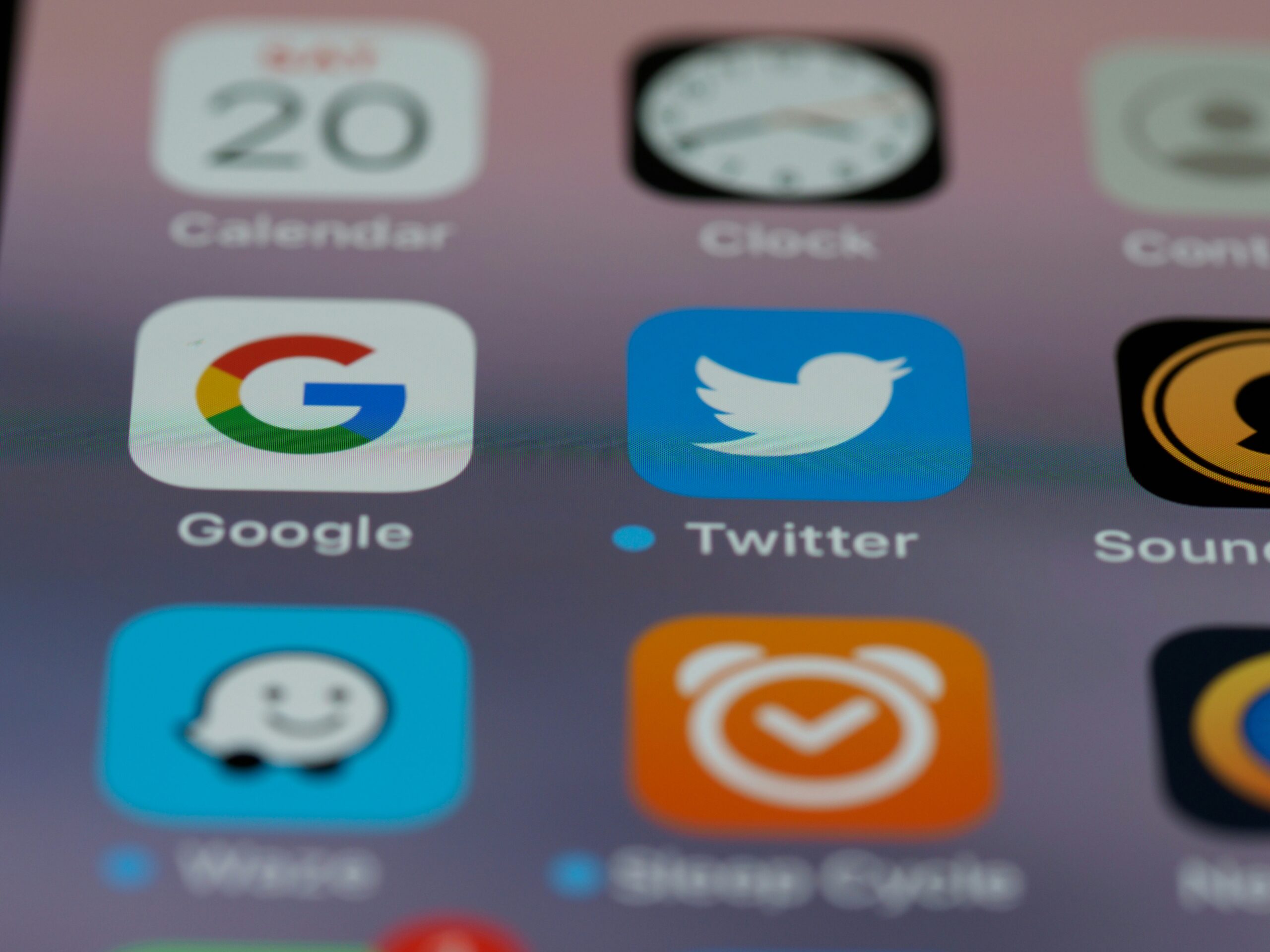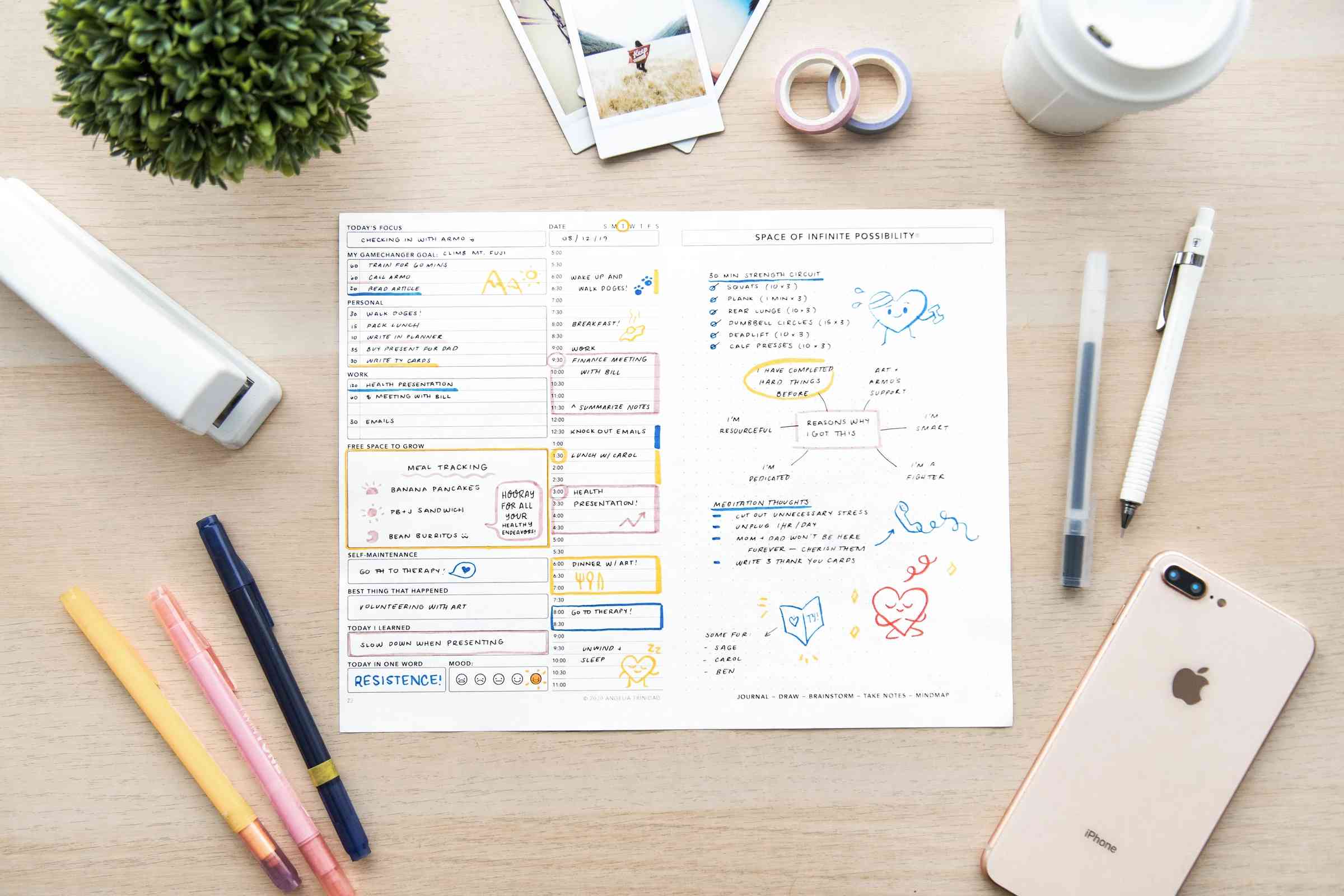Are There Pros to Procrastination?

By: Abby Johnson
College students at North Central University are quickly approaching the middle of the semester, a time of the year when motivation levels drop, campus activities increase, and tendencies to procrastinate happen easier. So what is procrastination, really? And is it something we should truly be avoiding like the plague?
A study done by Dr. Itamar Shatz shows that between 80-95% of college students engage in procrastination to some degree. In the same study, Dr. Shatz reports that procrastination takes up approximately one-third of students’ daily activities, through various forms. In addition, she mentions that procrastination is often correlated with a difficulty to regulate emotions such as fear, guilt, stress, or anxiety.
Kendra Cherry, MSEd, writes that people often believe they need to feel inspired to complete a task which, you guessed it, rarely happens once the task is put off. Cherry also explains that a major contributor to procrastination is the false security one feels when they believe a task won’t take as long as it actually will, a position every student has probably faced at one time or another. Who would have thought that discussion post would take an hour to finish?
But is Procrastination Really Such a Bad Thing?
A study featured in Smithsonian Magazine done by professor and law school graduate, Frank Portnoy (University of San Diego), discusses the surprising reasons why controlled procrastination might actually be beneficial. Portnoy explains the concept of successfully “managing delay”, which is a way of using procrastination to one’s benefit. In fact, well-managed delay may actually lead to a happier and more intentional life. “The question is not whether we are procrastinating,” Portnoy says, “but whether we are procrastinating well.”
So Why Am I Told Not to Procrastinate?
In the same magazine article, Portnoy discusses that there are two types of procrastination: active and passive. Active procrastination is the act of putting something off for a specific purpose. Examples of this include getting other much-needed items checked off your list, cleaning your room, or something else that is of value to you. Passive procrastination is the act of putting things off and using that time in an unproductive way, such as scrolling on your phone or binge-watching a show. This is where the delicate balance lies between procrastination being healthy and helpful, and procrastination being detrimental to success.
So, in conclusion, procrastination is not a bad thing in and of itself. With intentionality and management, it can actually be a good thing. Just make sure that this semester, when you’re tempted to procrastinate that assignment, you use time management skills to make sure that you get it finished on time. And make sure that you use active procrastination, rather than passive.
Read to find out more!

Abby Johnson
Lorem ipsum dolor sit amet consectetur adipiscing elit dolor




